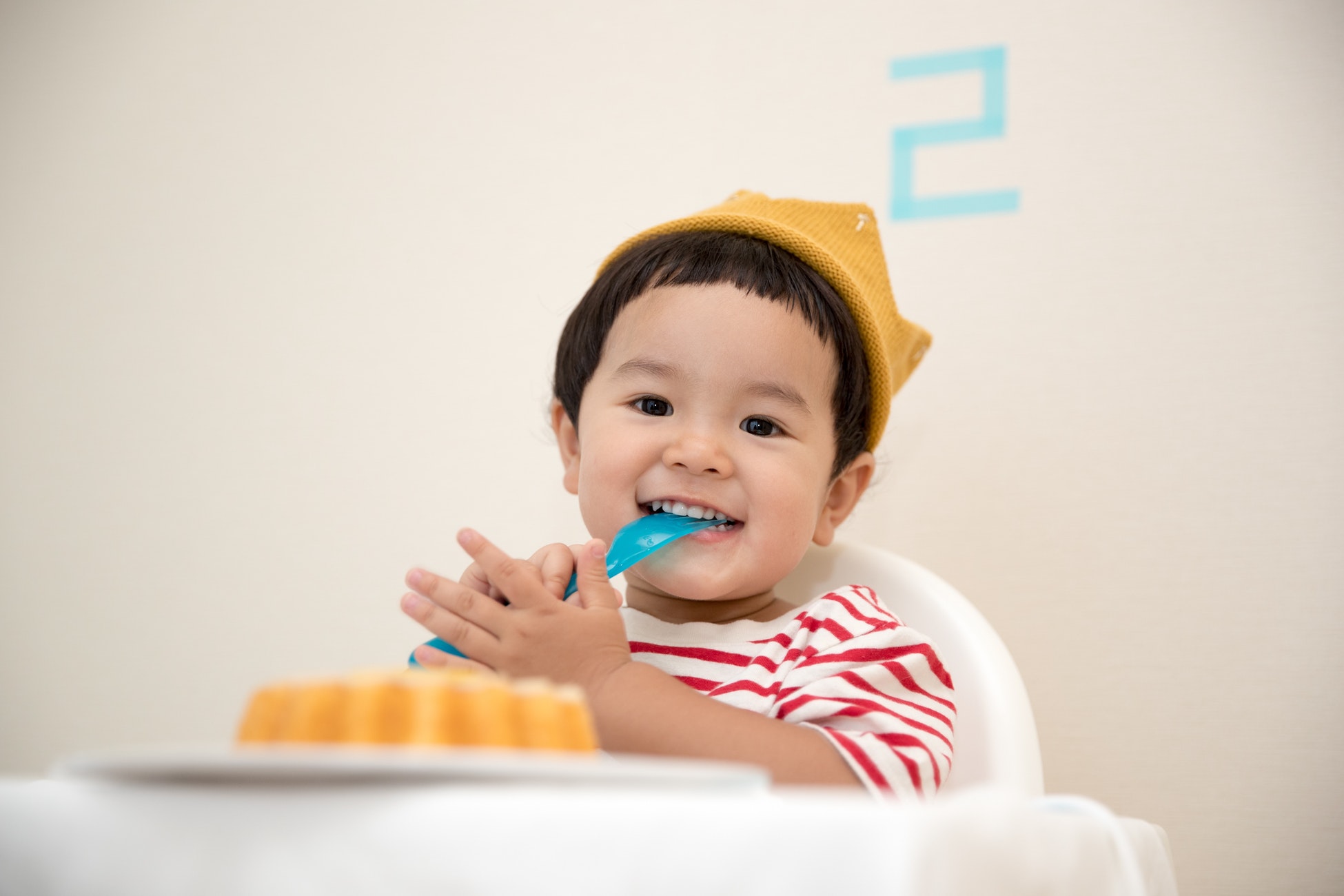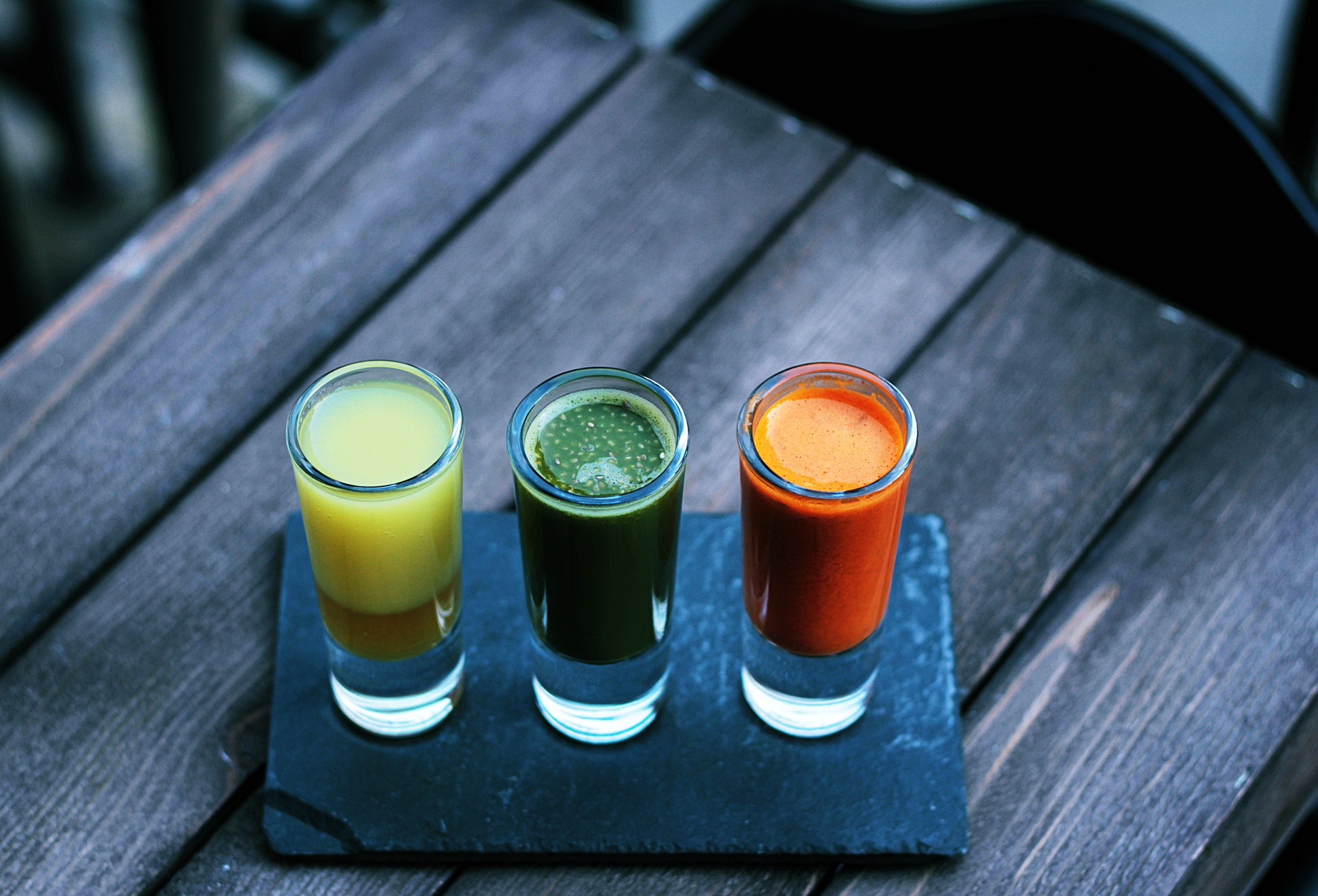THE SMILE OF a happy child is one of the best things in the world. Unfortunately, dental caries (tooth decay) is the most common chronic disease of childhood. We want those smiles to stay as healthy as possible, which is why we’re dedicating a blog post to baby teeth dental care.
Baby Teeth Matter
Because baby teeth are temporary, you might be tempted to think they’re not very important, but don’t fall into that trap. Healthy baby teeth are essential for speech development, building self esteem, promoting good nutrition through proper chewing, and saving space in the jaw for the development and positioning of adult teeth.
Avoid Sipping On Juice Or Milk
The harmful oral bacteria in our mouths that cause tooth decay love sugar. Every time we eat or drink something sugary, they have a party, and it takes about half an hour for our saliva to wash away the leftover sugars. However, when we give our kids sippy cups or bottles of milk or juice to drink over a long period of time, their saliva doesn’t have time to wash away the residue and their oral bacteria gets to party nonstop.
This is such a common problem that it has a name: bottle rot. You can protect your child’s teeth from bottle rot by only giving them milk or juice at mealtimes and only giving them bottles or sippy cups of water to sip on while they play or when you put them to bed.
Thumbsucking And Pacifiers
It is perfectly natural and healthy for babies and toddlers to suck on their thumbs or fingers or use a pacifier. Doing so helps them feel safe and happy, and most children will stop on their own around age four. However, if they keep going after that, it can begin to impact their dental alignment, creating problems like an open bite. Come see us if you’re concerned about your child’s thumbsucking or pacifier habit.
Sealants
One great way to give your child’s teeth extra protection from cavities is sealants. These are typically applied to the chewing surfaces of molars. They cover deep pits and grooves that are so difficult to keep clean. The sealing process is quick and easy, with no discomfort, and the teeth will be protected for years.
Good Oral Health Habits
No matter what your child eats or drinks, if they have sealants, and if they grow out of using a pacifier or sucking their thumb on their own, nothing can replace good oral health habits like daily brushing and flossing. While your child is too young to do it themselves, you can do it for them and with them and explain why it’s so important for keeping their teeth healthy and happy.
https://www.youtube.com/watch?v=ND_yjCzSYuQ
Regular Checkups
Don’t forget that one of your best resources for keeping your child’s teeth healthy is the dentist! With regular checkups, we can make sure that everything is going well and answer any questions you or your child have about good dental care.
Let’s keep those teeth happy and healthy!
The content on this blog is not intended to be a substitute for professional medical advice, diagnosis, or treatment. Always seek the advice of qualified health providers with questions you may have regarding medical conditions.






